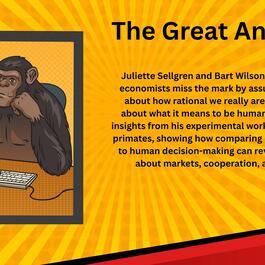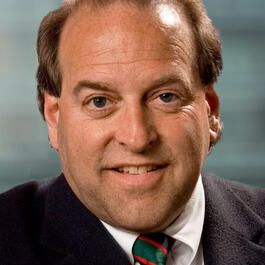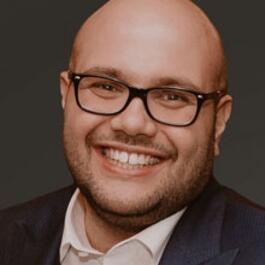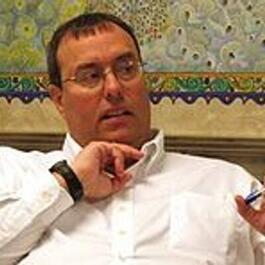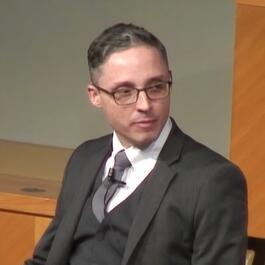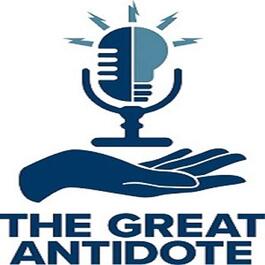
The Great Antidote
Adam Smith said, "Science is the great antidote to the poison of enthusiasm and superstition." So join us for interviews with the leading experts on today's biggest issues to learn more about economics, policy, and much more.
Show episodes
Send us a text In this special episode of The Great Antidote, Amy Willis of Liberty Fund takes the mic to interview Juliette Sellgren, the voice behind the show. Together, they reflect on the evolution of the podcast—from its early days to the hundreds of guests it has featured—and how Juliette herself has grown in the
Send us a text What happens when people stop trusting rules—and start rewriting them? In this episode, we are joined by economist Edward Lopez about the life and legacy of James M. Buchanan, the Nobel Prize-winning founder of public choice economics. We begin by unpacking Buchanan’s biography and intellectual roots: wh
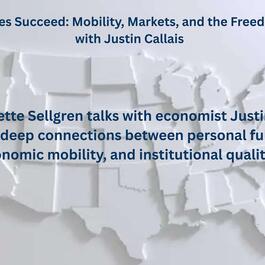
Why Some States Succeed: Mobility, Markets, and the Freedom to Flourish with Justin Callais
Send us a text What makes some states thrive while others trap people in place? And what does it really mean to be free to move, grow, and flourish? In this episode, I talk with economist Justin Callais about the deep connections between personal fulfillment, economic mobility, and institutional quality. We begin with
Send us a text Remember the Amazon HQ2 frenzy? When nearly every U.S. state competed to become Amazon’s next home, offering billions in tax breaks and incentives? I do — I grew up right next door to Crystal City, Virginia, the site Amazon ultimately chose. In this episode, I talk with economist Peter Calcagno about tar
Send us a text What if modern economics has overlooked what truly makes us human? In this episode, Bart Wilson joins us to explore humanomics—an approach to economics that reintroduces meaning, culture, and moral judgment into how we understand economic behavior. We talk about how economists miss the mark by assuming t

The Dissident Project: Firsthand Stories of Life Without Freedom with Grace Bydalek
Send us a text What is it like to grow up under a dictatorship? The speakers of The Dissident Project don’t have to wonder — they’ve lived it. And they’ve escaped. In this episode, Grace Bydalek joins us this week to discuss her work with The Dissident Project, which brings survivors of authoritarian regimes into Ameri
